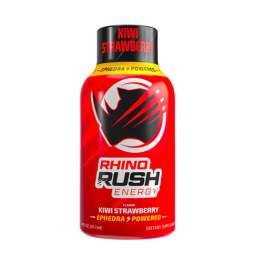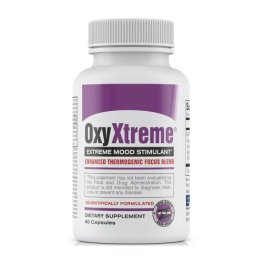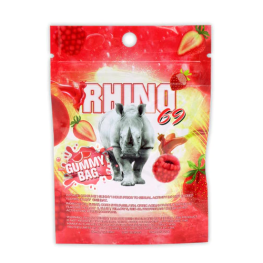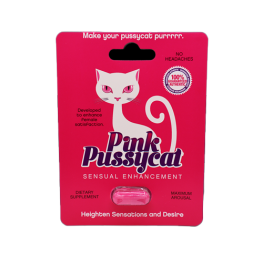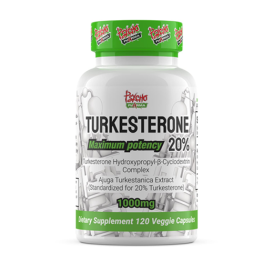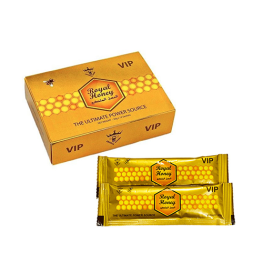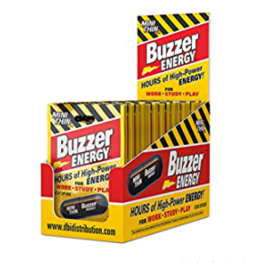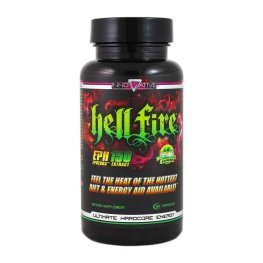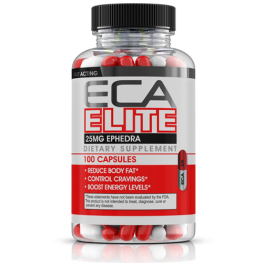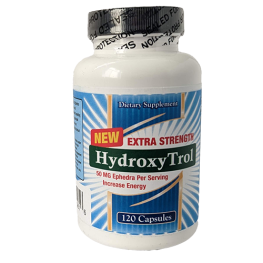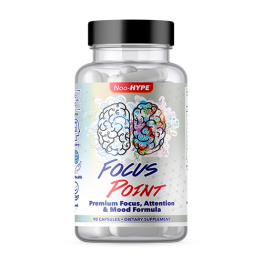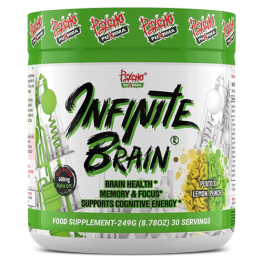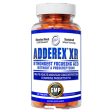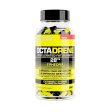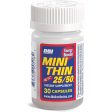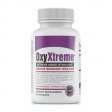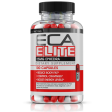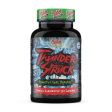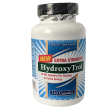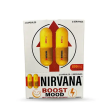Mushrooms
Focus Point Noo-Hype Non-Stim Nootropic Mushrooms
Infinite Brain Psycho Pharma Nootropic Mushrooms
Looking for science-backed nootropic mushrooms? Clinical studies show mushrooms substantially support memory, mood, cognition, and gut health. Furthermore, research demonstrates Lion's Mane ("Smart Mushroom") helps produce nerve growth factor (NGF). NGF delivers vital cognitive benefits and nerve cell regeneration. Now, the West employs traditional herbs previously used for thousands of years.
A National Health and Nutrition Survey reveals mushroom consumption links directly to better cognitive performance in older adults. However, there is more nootropic mushrooms than Lions Mane. Therefore, let's break down and review the top eight mushroom blend formulations. Find out which is best for improve brain function and other cognitive benefits.
Nootropic Mushrooms - Lion's Mane
Lion's Mane (Hericium erinaceus) stands out as the best nootropic mushrooms. Specifically, this unique fungus looks like a white shaggy lion's mane. Additionally, it leads the supplement brain health market.
Lion's Mane benefits for brain health
The mushroom contains special bioactive compounds called hericenones and erinacines. First, these compounds help boost brain function. These compounds work to:
- Improve memory and learning ability
- Make thinking clearer and sharpen focus
- Help balance mood
- Guard against cognitive decline
- Help nerves grow back
Lion's Mane crosses the blood-brain barrier. Afterwards, its active compounds directly affect brain tissue. Research also presents it helps the gut-brain connection. Therefore, it plays a vital role in how our brain works.
Clinical studies on Lion's Mane
The largest longitudinal study lasts 16 weeks and focuses on older adults with mild cognitive issues. People who took Lion's Mane showcases better brain function than those who didn't. Another clinical study measures Japanese adults between 50-80 years old with mild cognitive problems. Altogether, they took 3 grams of Lion's Mane powder daily for 16 weeks. Next, their cognitive test scores improve noticeably.
Research in the International Journal of Medicinal Mushrooms found that Lion's Mane extract protects nerve cells. Consequently, it also helps produce nerve growth factor (NGF) and maintain neurons.
How Lion's Mane supports cognition
The brain benefits produce ability to boost nerve growth factor (NGF) and brain-derived neurotrophic factor (BDNF) production. These proteins help with:
- Nerve repair and regrowth
- Creating new brain connections
- Protecting existing brain cells
- Myelination (coating nerve fibers for protection)
Lion's Mane also fights inflammation and acts as an antioxidant. Correspondingly, the antioxidant properties protect brain cells from oxidative stress. Especially, oxidative stress and inflammation cause most cognitive decline and brain diseases.
Best way to take Lion's Mane
Take Lion's Mane regularly to see results. The best forms include:
- Extract powders: These have concentrated active compounds you can mix into drinks or food.
- Capsules: Each one usually contains 500-1000mg, making dosing easy.
- Tinctures: Liquid extracts that your body absorbs quickly.
- Mushroom blends: These often include other brain-boosting mushrooms that work together.
Most people take 500-3000mg daily. Often, consumers split 1000mg into smaller doses. Taking it with some fat helps your body absorb it better.
Potential side effects of Lion's Mane
People with mushroom allergies should stay away from Lion's Mane. Other mild side effects might include:
- Stomach discomfort if taken without food
- Itchy skin (rarely happens)
- Problems with blood-thinning medicines
Studies show few side effects even with long-term use. Altogether, start with a small dose and slowly increase. Always pay attention for any reactions. The best Lion's Mane supplements list their extract ratio (usually 8:1 or 10:1). Make sure they mention both hericenones and erinacines. Emphatically, these compounds make it work for brain health.
References
Venturella G, Ferraro V, Cirlincione F, Gargano ML. Medicinal Mushrooms: Bioactive Compounds, Use, and Clinical Trials. Int J Mol Sci. 2021 Jan 10;22(2):634. doi: 10.3390/ijms22020634. PMID: 33435246; PMCID: PMC7826851.

